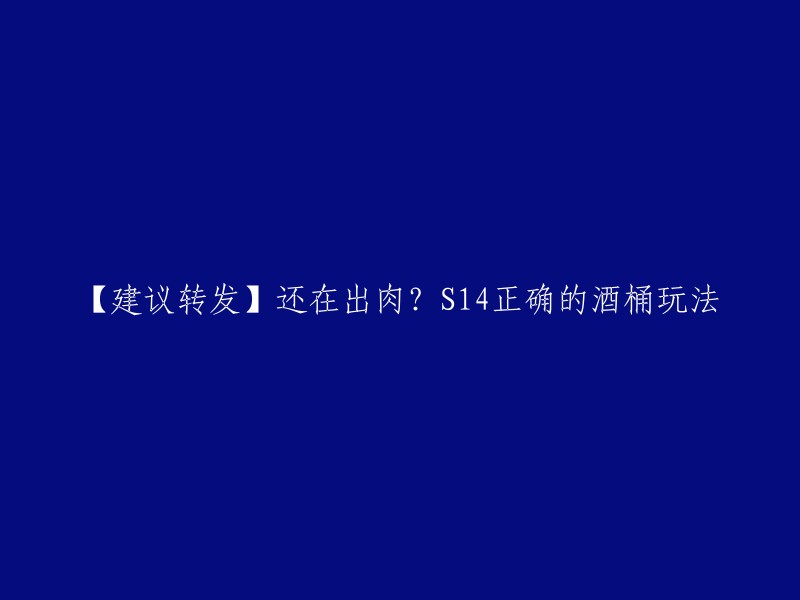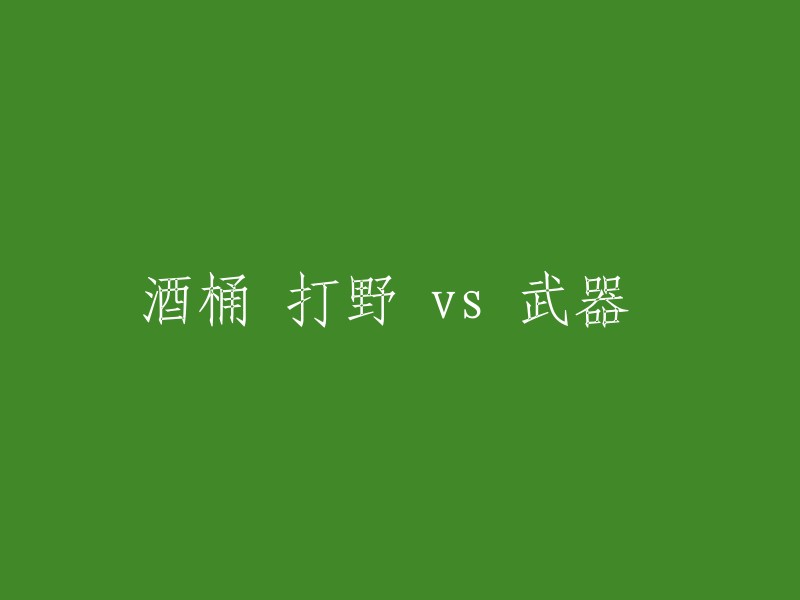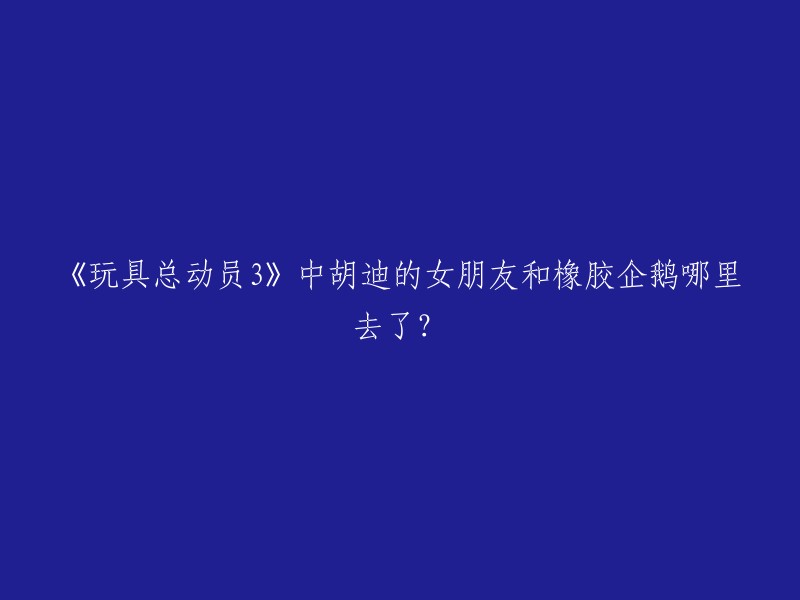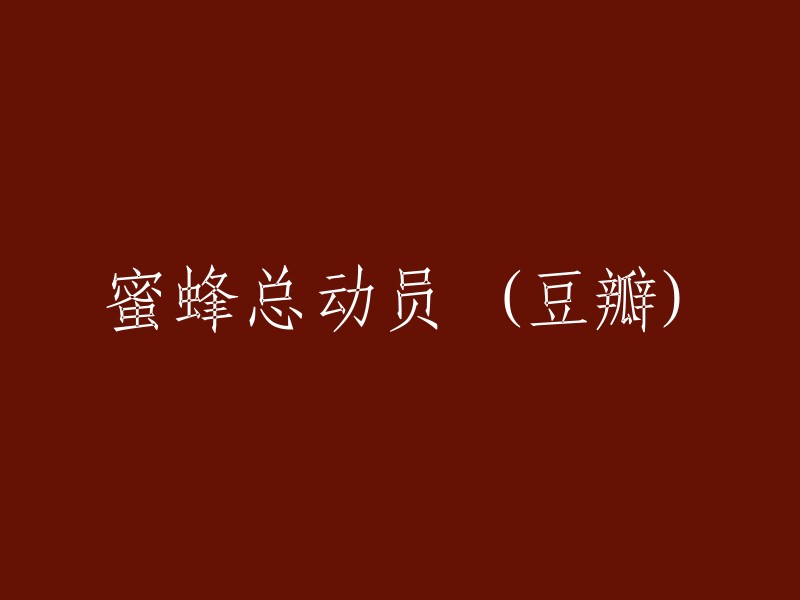Wish is a noun that refers to a strong inclination or desire for a specific thing. It can be expressed as a petition or an expression of hope and longing. Wishes are desired or longed for things, while wishing can refer to the act of entertaining or expressing wishes for someone.
The verb "wish" has various forms such as wished, wish-ing, and wish-es. The verb can also be used intransitively to mean to long for something or want something. For example, "He wished her good night" means that he wanted her to have a good night's rest.
Another meaning of the verb "wish" is to call upon or invoke upon someone or something. For instance, "I wish them luck" means that the speaker wants good luck for them. Additionally, it can be used to order or entreat someone to do something. For example, "I wish you to go" is an order for the speaker's listener to leave. Lastly, the verb "wish" can also mean to impose or force something on someone. For example, "They wished a hard job on her" means that they wanted her to take on a difficult task.
In terms of its intransitive form, "wish" refers to having or feeling a desire for something. For instance, "He wishes for the moon" means that he hopes to see the moon one day. It can also be used to express a wish for someone. For example, "She wishes him well" means that she hopes everything goes well for him.
The origin of "wish" can be traced back to Middle English where it was spelled wiscan, from Old English wt which meant "to see" or "to want". From Old English wt, we can see its connection to the Old Norse word vessun, meaning "to desire".
In conclusion, "wish" is a versatile word that can be used in various contexts to express hope, longing, or strong inclination towards something or someone. Its different forms allow for flexibility in how it is used in speech and writing.
礼貌的代替语。
例句:你想坐在阳台上的桌旁吗?
例句:
任何想要离开的人现在都可以走。
这种用法与正式文体相符,因为在正式文体中,对别人的愿望表示出夸张的尊重是很自然的。尽管不会被认为是错误的,但
wish
后面加上名词短语作宾语不太常见。
例句:任何一个想要走廊座位的人都应该去找服务员商量。
这两种用法在非正式文体中可能听起来很生硬。当
wish
后面跟着一个包含与事实相反的陈述的从句时,严格的语法正确性要求我们使用 "were" 而不是 "was":
I wish I were (not was) lighter on my feet.
许多作家仍然坚持这一规则,但是在这样的从句中使用表示肯定意义的
was
的先例可以在许多作家的作品中找到,包括阿尔弗雷德王和乔纳森·斯威夫特。见 if , want 的用法提示。
在非正式的文体中,"wish"后面接一个与事实相反的陈述句作从属分句时,可能会显得不太自然。然而,根据严格的语法规则,应该在从句中使用"were"代替"was"。例如: "I wish I were lighter on my feet."(多希望我能步履轻盈。)尽管许多作家仍然坚持这一规则,但实际上,一些作家,包括金·阿尔弗雷德和约纳森·斯威夫特的作品中,已经在从句中使用了表陈述的"was"。
此外,我们还可以在从句中使用"if",例如: "If only I were lighter on my feet."(如果我只是稍微轻一点就好了。)这种用法在日常对话中较为常见,但在正式的写作中还是应尽量避免。总之,虽然"wish"后面接从属分句时,用"were"代替"was"在语法上是正确的,但在实际运用中,还需要根据语境和表达需求来灵活选择。






